By Seth Umbaugh
In “The Tutoring Corona,” Brad Hughes provided an overview of our writing center’s practice of providing professional development opportunities for our graduate tutors through ongoing education. As the Writing Center’s TA Assistant Director this academic year, I worked with our administrative leadership team to coordinate an exciting series of ongoing education seminars (OGEs) that offered graduate tutors a range of professionalization opportunities and aided the development of our center’s values and pedagogical practices.
Developed by our administrative staff and members of our TA (Teaching Assistant) leadership team, these ongoing education seminars met twice for about an hour each time over the course of a semester. During these meetings, graduate tutors, TA leaders, and administrative staff members engaged relevant Writing Center scholarship and discussed topics related to Writing Center pedagogy.
As part of the Writing Center’s commitment to collaboration and collective development, recent ongoing education seminars have aimed to produce deliverables that benefit TAs both within and outside of any given seminar. One recent example comes from our colleagues Ellen Cecil-Lemkin and Lisa Marvel Johnson who, with the help of seminar participants, produced an online archive of accessible teaching strategies for all to reference. For more on this, please read Ellen and Lisa’s post “Developing a Multimodal Toolkit For Greater Writing Center Accessibility.”
Following this path, this year’s seminars developed strategies for facilitating community and belonging in our center, prepared TAs to present their Writing Center skills on the academic job market, developed pages for our online Writer’s Handbook, and produced writing center research of their own.
These seminars served not only to engage TAs in conversation with Writing Center scholarship, but to diversify their knowledge of Writing Center operations, develop new initiatives, and advance ongoing projects. Furthermore, our OGEs provided TAs with essential opportunities to foster community, share teaching strategies, and give feedback to administrative staff.
As a TA leader, I enjoyed a double benefit from my work on OGEs this year. First, I was fortunate to collaborate with members of our excellent administrative team, brainstorming topics for our seminars and observing their processes for developing effective tutor training. I put the skills I learned through this process to the test, collaborating with my colleague and fellow TA leader Gabbi Kelenyi to develop an OGE of our own, which we later adapted for a round-robin discussion at the IWCA’s 2022 online collaborative. You can read about our discussions with tutors and proposals for developing an actively antiracist pedagogy in our previous post “Allyship & Co-conspiracy in an Antiracist Writing Center.”
Second, through conversations with other graduate tutors who participated in our seminar, I discovered ways to improve my own tutoring practices that I hadn’t considered on my own. This collaborative development continued in our final staff meeting for the spring semester, when tutors shared the knowledge they had developed through their participation in OGEs with the rest of our staff.
These experiences emphasized, for me, the value of collaborating in face of the often isolating experience of graduate work, which values specialization, independence, and the appearance of the individual mind. By learning together, we make our centers more welcoming places for students and tutors, while gaining important insights that would be difficult to attain alone.
Keep reading for descriptions of all of our ongoing education seminars for the 2021–22 academic year.
Being an Ally vs. Co-conspirator in an Anti-Racist Writing Center
Facilitated by Gabbi Kelenyi and Seth Umbaugh
How does one make the transition from ally to co-conspirator in the fight for racial justice? What does it mean to *act* in solidarity with social movements for equity? While we might be able to come up with some everyday examples of allyship and co-conspiracy, can we generate concrete examples of what these positions look like in a writing center? In this OGE, we will work together to develop a deeper understanding of the differences between allyship and co-conspiracy as well as discuss how allyship and co-conspiracy can play out in writing center work. Through reading, reflection, discussion, and opportunities to practice, participants in this OGE will develop ideas to share with our Writing Center community about how to go beyond words and take action in matters of social (and specifically racial) justice and equity.
To read more about this OGE, be sure to visit last fall’s blog post, “Allyship and Co-Conspiracy in an Anti-Racist Writing Center.”
High School Writing Centers
Facilitated by Dottie Mayne
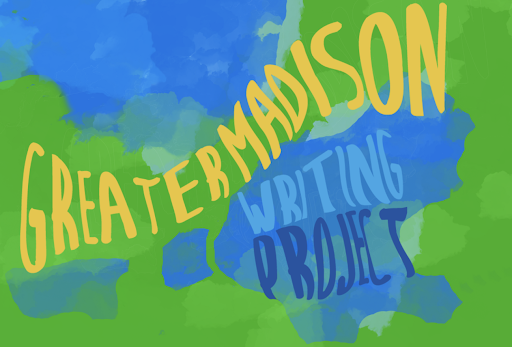
Did you know that our Writing Center works with local teachers to help train their students to do peer review and provides professional development about writing center pedagogy for in-service teachers across Wisconsin? Are you familiar with our work with the Greater Madison Writing Project, which hosts progressional development programs for Wisconsin teachers? Participants of this OGE will have the opportunity to participate in our high school programming, including training students, engaging with high school language arts teachers, and working on our spring symposium about high school writing centers. In this OGE, we will explore high school writing centers and how teachers can apply writing center pedagogy to high school classrooms even if their school doesn’t have a center. We’ll consider what’s already being done in high school writing centers, the benefits of high school writing centers, barriers that high school writing centers face, and what our writing center can do to support Wisconsin teachers and their students. Our OGE will culminate in participating in an event for Wisconsin teachers hosted by Greater Madison Writing Project.
“I’m Not a Native Speaker, So…”: Responding to Writers’ Perceptions of Deficiency
Facilitated by Dottie Mayne
In our one-on-one work with writers, they often share their perceptions of their deficiencies related to their language backgrounds. Some recent examples I’ve overheard in the center include “I’m not a native speaker, so I never know what word to choose,” “I’m not used to writing in English, so my sentences are all too long,” and “My English isn’t very good, so my writing doesn’t make sense.” In this OGE, we’ll talk about our roles and our experiences in responding to writers sharing these perceptions. This OGE will consist of a synchronous discussion to frame the OGE, a selection of readings (pick one), a reflection, and a synchronous discussion to close the OGE. Broadly, this OGE aims to provide a space for us to think about how we can best support our multilingual writers. More specifically, it aims to develop instructors’ strategies for listening and responding to perceptions of deficiency with experience and research-based knowledge and building confidence.
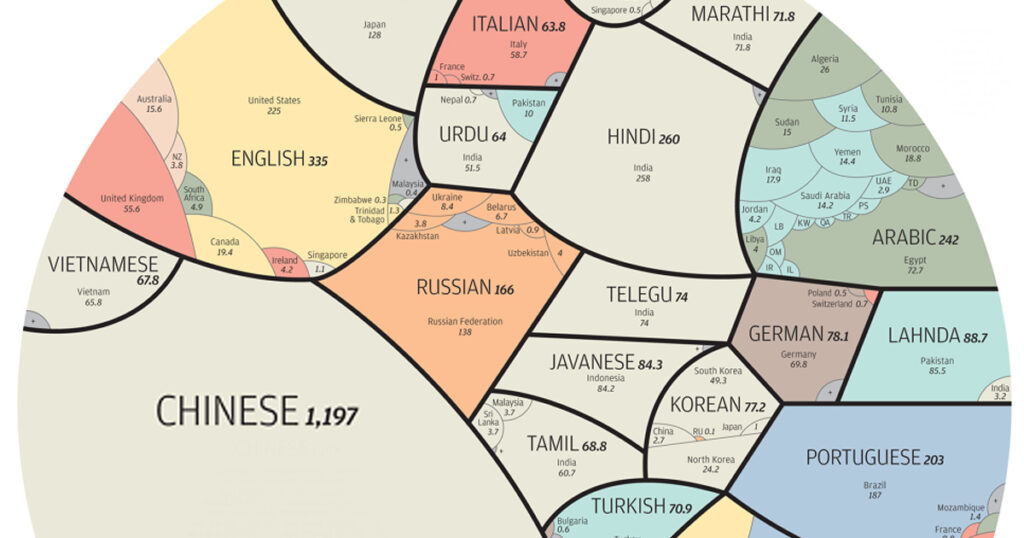
Listening as Writing Center Anti-Racism Praxis
Facilitated by Lisa Marvel Johnson
In this OGE, we will consider listening as a political tool for upending racialized systems of oppression within the context of the Writing Center. We will begin by reviewing the literature of listening in order to understand how this unique kind of attentiveness can be operationalized for racial justice. In the course of this discussion, we will learn about and interrogate concepts including active listening (Rogers and Farson; Valentine), transformative listening (Garcia; Thier), and rhetorical listening (Bokser; Ratcliffe). In the second half of our OGE, we will move from theory to practice to identify (1) the role of listening at the Writing Center in relation to more active kinds of advocacy and (2) practical listening strategies that can be used by Writing Center instructors. So that all instructors can learn from this OGE, we will conclude by adding listening strategies to the Writing Center’s Multimodal Toolkit.
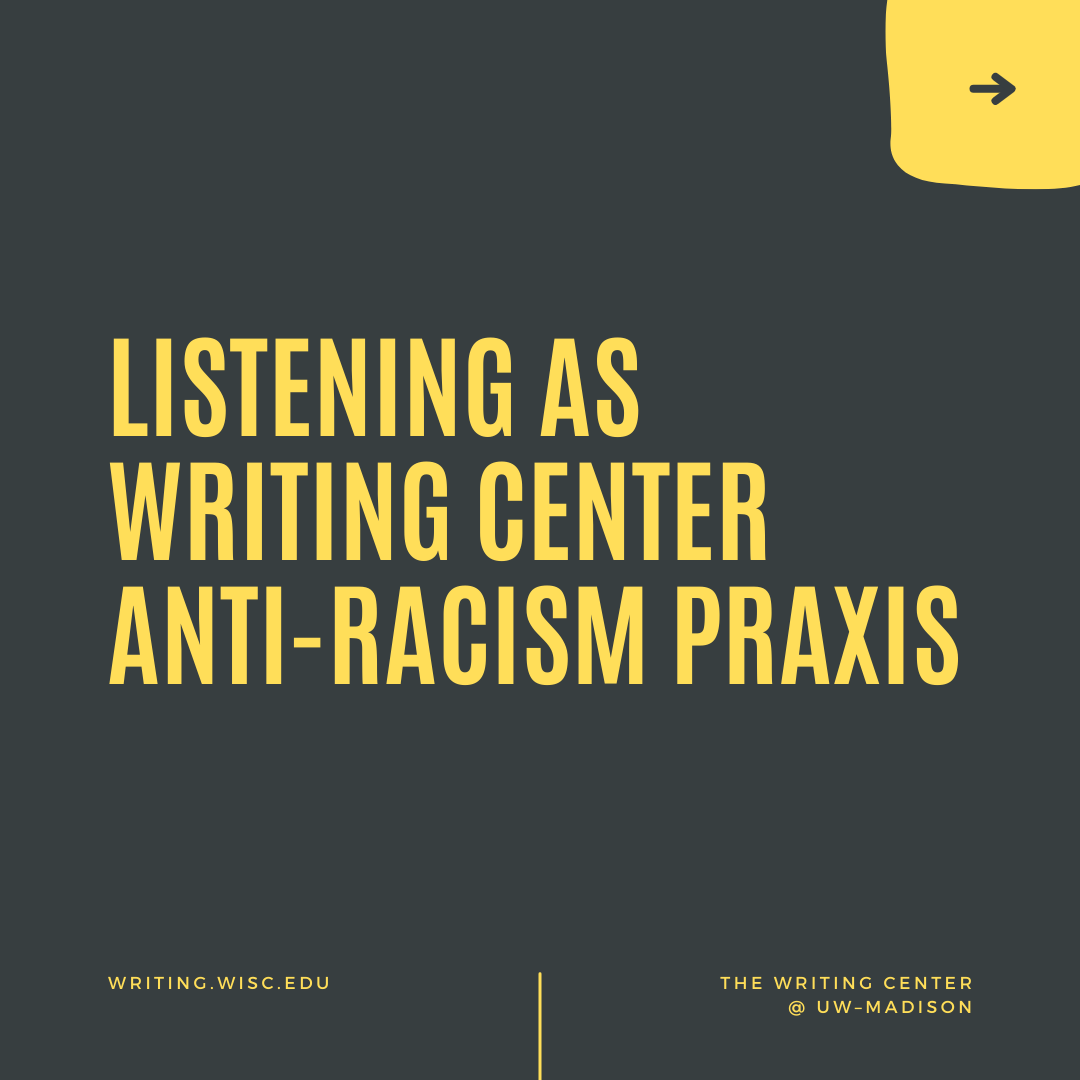





Professionalizing for a Career in Writing Centers
Facilitated by Ellen Cecil-Lemkin
Are you interested in learning about what a career in writing centers might look like? Do you want to learn about writing center professional organizations, conferences, and publications? This OGE will help you determine if a writing center career is a good fit for you and get you thinking about how to professionalize yourself to become a competitive candidate on the writing center job market. (This OGE will meet three times.)
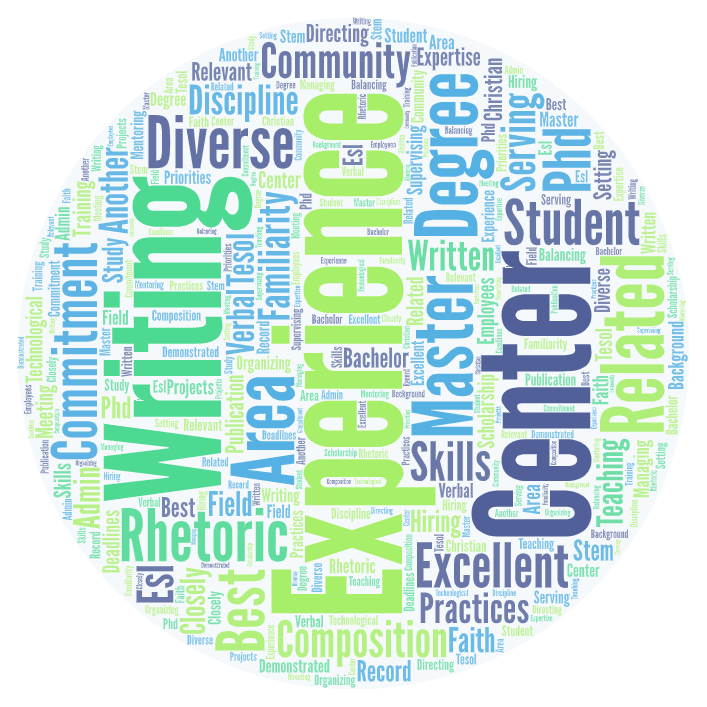
The Role of Written Feedback in a Post-Pandemic Writing Center
Facilitated by Samitha Senanayake
This OGE will consider the unique affordances of Written Feedback (WF) for student learning, and the role WF will play as one of the three modes of instruction offered in a post-pandemic Writing Center. We will explore questions such as, “What kind of feedback do students need or expect from WF?” and “When they make a WF appointment, do students expect us to edit their writing?”
In order to attempt to answer these questions, this OGE will conduct a study over the course of the spring semester. We will facilitate a focus group of four students who will receive three rounds of identifiably different styles of Written Feedback. After each round, the students will meet for a discussion and will eventually share their final revised drafts with us.
The participants of this OGE are invited to take part in this study in the following ways.
OGE members will:
- provide feedback on the conceptualization of this study in our initial meeting.
- review the feedback given to participants and the transcripts of the focus group sessions.
- participate in a final session where we will share and analyze findings together and collectively draft a report.
Participants can expect to learn about styles of written feedback that student writers might find helpful, gather ideas about how to understand and respond to the revision concerns that writers share in the WCOnline submission form, and to explore the unique potential for dialogue and student learning offered by the WF mode of instruction.
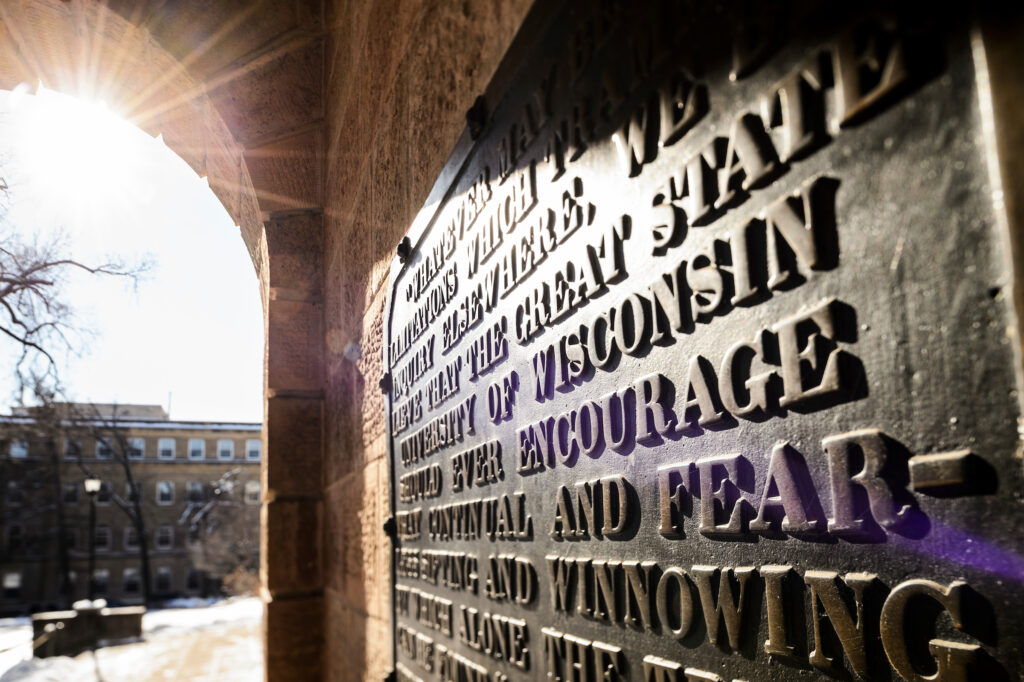
Updating the Writer’s Handbook
Facilitated by Jennifer Conrad
As you may know, our Writer’s Handbook is an extensive online resource (with more than 120 active web pages that received 6.8 million hits from 548,000 unique visitors in a representative month) that we provide free of charge to writers at the university and beyond. An extension of the Wisconsin Idea, the Writer’s Handbook puts information about writing genres, processes, documentation styles, and more at writers’ fingertips. Writer’s Handbook pages are among the most-used at the university; for instance, our semicolons page ranks among the top five pages for UW-Madison as a whole. This past summer, a small team reviewed the Writer’s Handbook to determine its needs: which pages require updating, restructuring, or development from scratch. This is where YOU come in! Are you interested in showcasing your expertise or learning more about particular subject areas, all while honing your writing skills? In this OGE, we will get to know the handbook’s structure, objectives, and editorial guidelines and then work to create pages that address such topics as Creative Commons licensing; research, teaching philosophy, and diversity statements; inclusive research practices; undergraduate application essays; and more. We will plan to integrate content into the Writer’s Handbook by the end of the semester.

Seth Umbaugh is TA Assistant Director of the Writing Center and a Ph.D candidate in Literary Studies at UW–Madison. His work considers representations of race and interracial solidarity in 20th Century U.S. Proletarian Literature.


Education has evolved so much since the old days!
Such an insightful article on how written feedback might be able to help the students review their writings. The idea to create a focus group of 4 and send them different styles of WF can be really helpful to analyze and understand as to which style of WF is the most beneficial.
This OGE could turn out to be very fruitful and give exposure in various academic areas and also help practice the student’s writing skills.
Looking forward to read more such insightful articles.